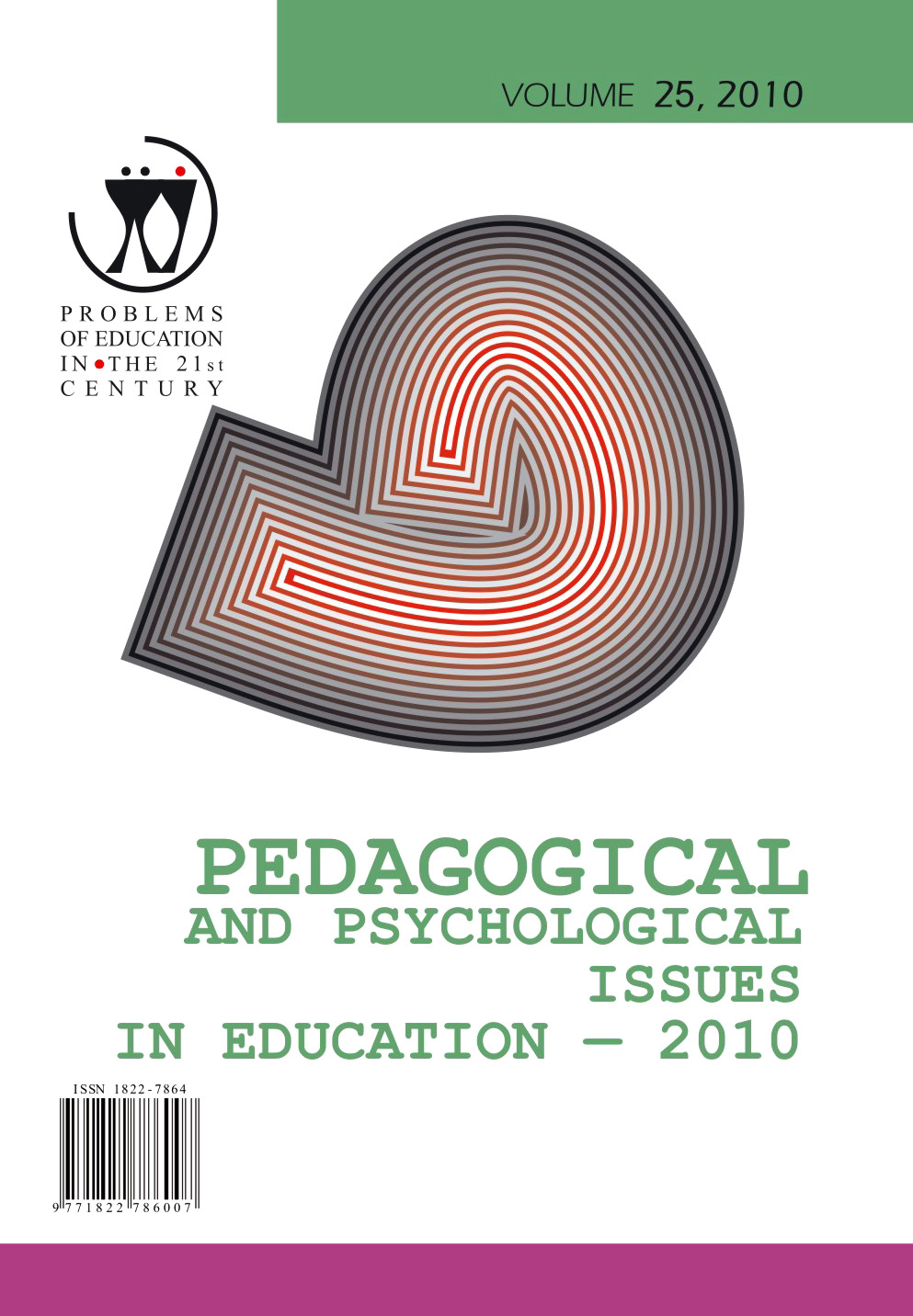BUILDING JUA-KALI OPERATORS’ CAPACITY IN SOFT SKILLS FOR FASTER ECONOMIC DEVELOPMENT
BUILDING JUA-KALI OPERATORS’ CAPACITY IN SOFT SKILLS FOR FASTER ECONOMIC DEVELOPMENT
Author(s): John Gowland-Mwangi, Agnes Oywaya Nkurumwa, Stephen Wambugu MainaSubject(s): Education, Economic development
Published by: Scientia Socialis, UAB
Keywords: Jua-Kali; youth; soft skills; training; women; economic development; Kenya;
Summary/Abstract: Kenya’s Jua-Kali sector offers an alternative to formal employment. Though one needs technical and soft skills to work effectively, the latter are critical for successful entrepreneurship and unless Jua-Kali operators are trained in soft skills, they cannot function effectively. A trainer requires knowledge of what they need, lack and extent of deficiency. A cross-sectional survey design involving 230 randomly selected operators was used to provide this information. Extension experts ascertained the questionnaire’s content validity whose reliability was 0.93α at 0.05 confidence level. The operators were 15-71years old with 69% married, 65% male, and 99% formally trained. Soft skills’ mean acquisition was 55% at primary, 61% at secondary and 71% at tertiary level and was independent of gender; >90% of the operators lacked but required all 18 soft skills. Males dominated jobs requiring higher capital and more physical strength while females dominated jobs requiring lower capital and less physical strength and also the food sector; The sector accommodated people of all ages, majority being self-employed; on-the-job training was inadequate; and teaching soft skills within curricula was the best training modality. The researchers recommended mainstreaming formal provision of soft skills; training using the best modality and encouraging more people to join the sector.
Journal: Problems of Education in the 21st Century
- Issue Year: 25/2010
- Issue No: 1
- Page Range: 43-57
- Page Count: 15
- Language: English

